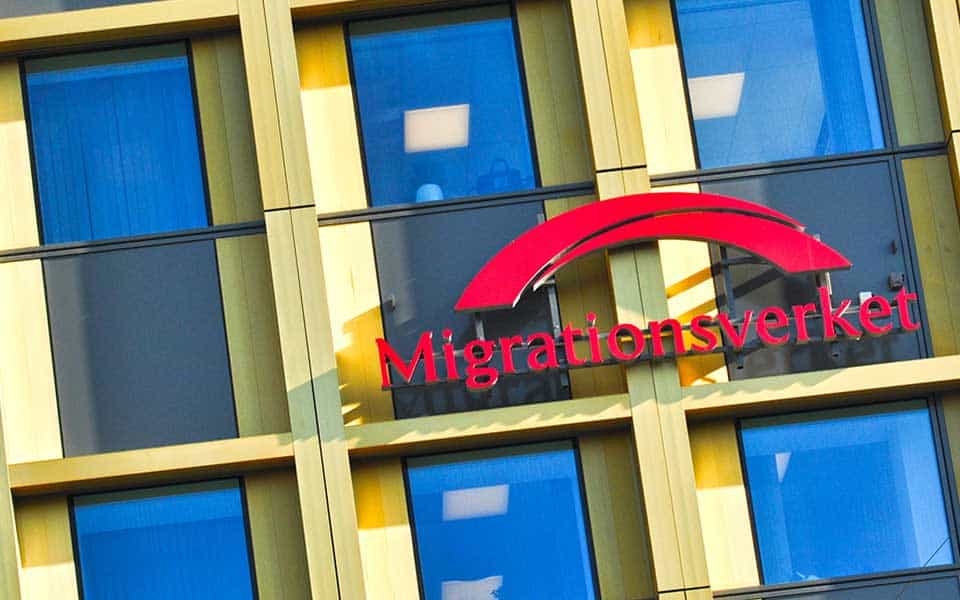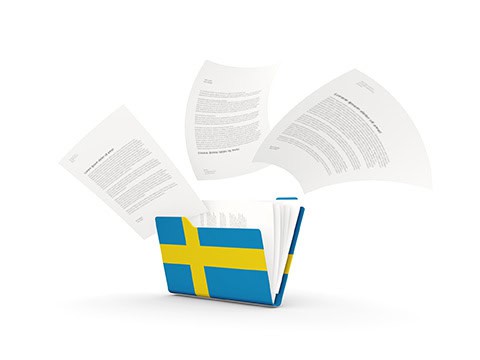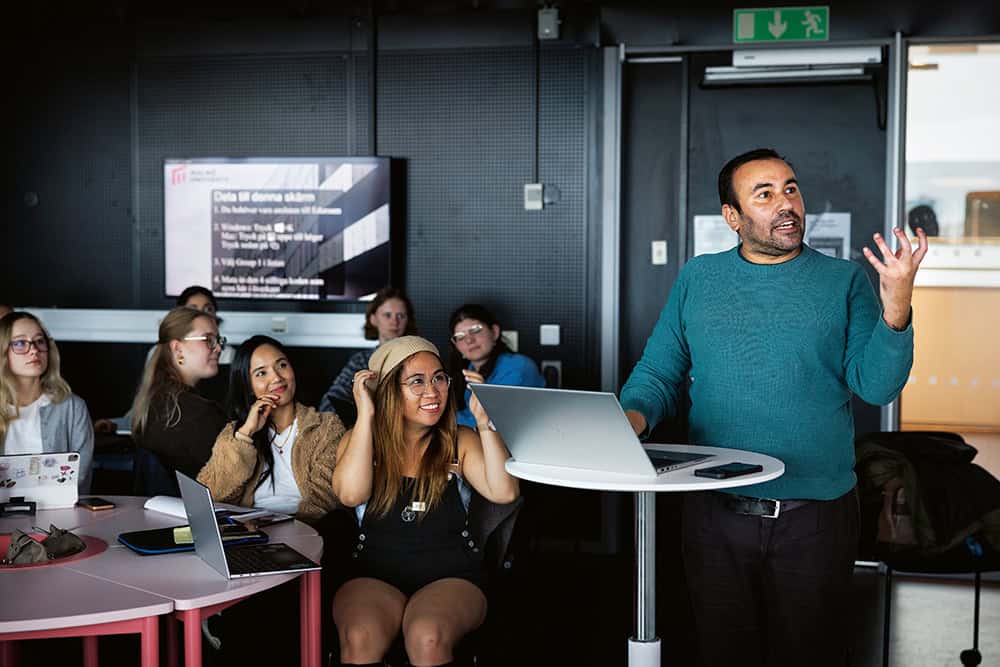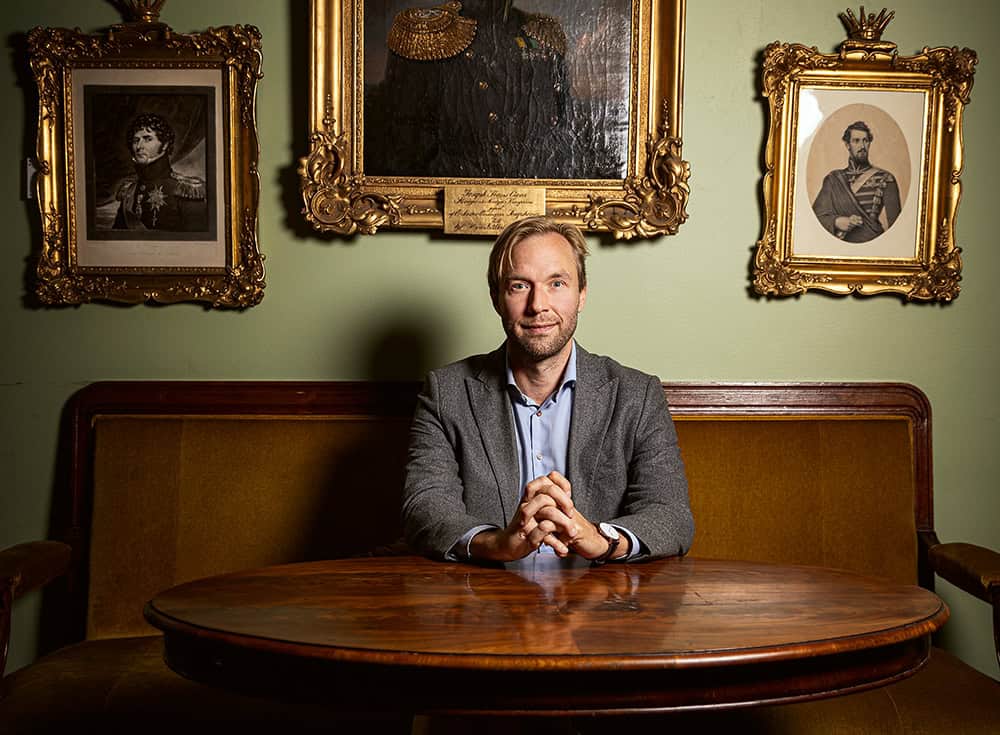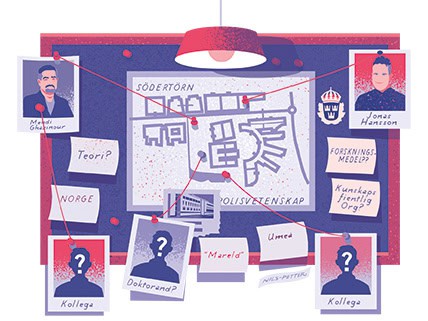In January 2024, the Swedish Migration Agency launched a new work process for assessment of residence permits applications for highly qualified labour, i.e. people in management positions and occupations requiring higher education or advanced higher education qualifications. The main aim was to reduce the processing times for highly skilled labour immigrants. The Agency has now expanded this model to also include international doctoral students from 1 October 2025.
Christine Davidsson is Head of Section for Region West at the Swedish Migration Agency and a member of the co-operation group for the Agency and SUHF, the Association of Swedish Higher Education Institutions. She explains to Universitetsläraren that international doctoral students will now receive a decision on their application for a residence permit within 30 days. The Agency also promises improved service to higher education institutions during the application process.
“We see this as a prerequisite for being able to submit a complete application. It needs to be easy for applicants do the right thing” she says.
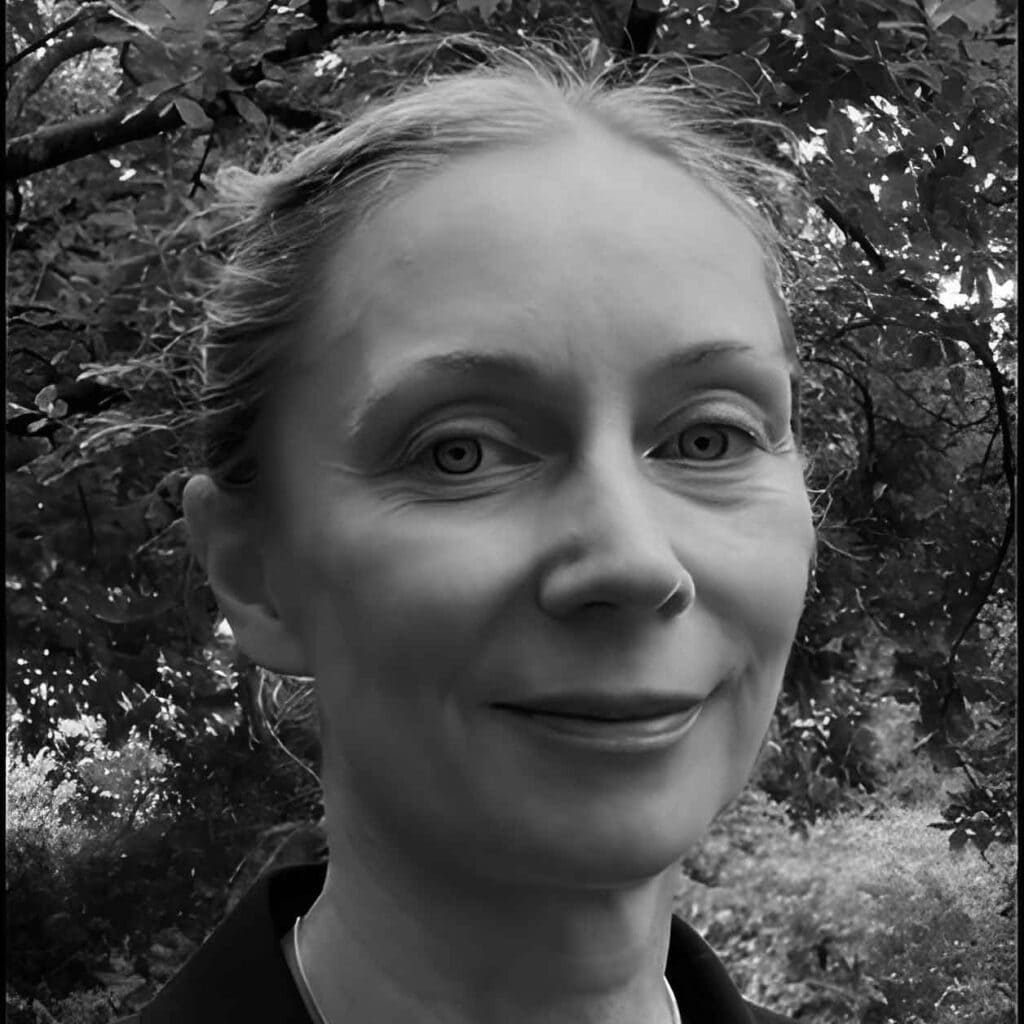
Christine Davidsson
Head of Section for Region West, Swedish Migration Agency
Specially tailored information and instructions will be posted on the Migration Agency’s website to make the process easier for higher education institutions. They will also be able to contact an information officer with expertise in doctoral student applications for help and advice regarding individual cases.
The new service commitment is linked to the Migration Agency’s appropriation directions for 2025, In which the Government instructs the agency to focus on increasing returns of individuals to their home countries and measures to combat fraud and abuse. But it is also part of the efforts to make Sweden an attractive country for highly skilled labour.
“We must work to improve Sweden’s ability to attract and retain international expertise,” says Davidsson. “It is against this background that we have made these changes.”
Robert Andersson, head of negotiations at SULF, welcomes the change.
“This is great, and long overdue,” he says. “At times, there have been problems with long processing times for doctoral candidates. There is actually a requirement that decisions on study permits are to be made within 90 days, unless supplementary information or documentation is needed, and this requirement has not always been met. So if they can keep this new promise, that will be great.”
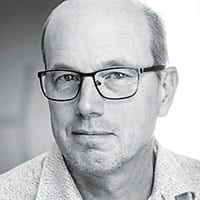
Robert Andersson
Head of negotiations, SULF
One particular concern has been long waiting times for permit extensions. Doctoral students’ residence permits are valid for a maximum of four years, which means that they need to apply for an extension if their thesis defence is delayed or if their studies have been interrupted, for example because of teaching commitments, parental leave or illness. If the original permit expires before an extension has been granted, the doctoral student is effectively stuck in the country and unable to participate in conferences or other research-related activities abroad, Andersson tells us.
“Although applicants have been allowed to stay in Sweden while waiting for a decision, they have not been able to leave the country and come back again, which has caused problems for many.”
Another problem is that long waiting times are sometimes caused by authorities other than the Migration Agency. For example, the Swedish Security Service sometimes takes a long time to assess applicants from Iran, Russia and China. However, this kind of situation is not covered by the promise of a decision within 30 days, says Christine Davidsson.
“Our service commitment applies when we consider a case to be complete here at the Migration Agency. If another authority needs to provide an opinion on the case, it cannot be considered complete at that time. We cannot be responsible for the processing times of other authorities.”
Last spring, a report was published by the SULF Doctoral Candidate Association in which some 40 international doctoral students were interviewed about their experiences in Sweden. When asked if they would recommend other international researchers to come to Sweden, the answer was an overwhelming no. Aimee Miles, spokesperson for the Doctoral Candidate Association’s board, told Universitetsläraren at the time that the doctoral students felt that they were hostage to arbitrary and mysterious bureaucratic processes.
According to Christine Davidsson at the Migration Agency, the new service commitment will hopefully remedy that problem.
“We really hope so. Because it was very disappointing that they perceived it that way. And we really believe that we will now be able to create the predictability and transparency that we are aiming for.”
Due to improved efficiency, digitalisation of the application process and good collaboration with SUHF, Davidsson believes that a decision within 30 days is a realistic promise.
“As we have reduced processing times in general, we see it as entirely possible. That is why we are introducing this now,” she says.
About the new service commitment
On 1 October 2025, the Swedish Migration Agency introduced a new service commitment for international doctoral students. This means:
Decisions within 30 days for complete residence permit applications.
Improved service for higher education institutions during the application process.
The service commitment applies both to new applications and to extensions. It also covers doctoral students’ family members.
